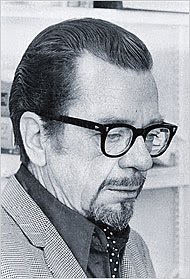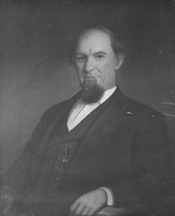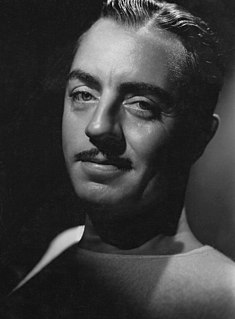A Quote by Henry Adams
He never labored so hard to learn a language as he did to hold his tongue, and it affected him for life. The habit of reticence — of talking without meaning — is never effaced.
Related Quotes
Wouldst thou learn thy Lord's meaning in this thing? Learn it well: Love was His meaning. Who shewed it thee? Love. What shewed He thee? Love. Wherefore shewed it He? For Love. Hold thee therein and thou shalt learn and know more in the same. But thou shalt never know nor learn therein other thing without end. Thus was I learned that Love was our Lord's meaning.
Each man is contained and constrained, on entering social life, to fit his own life in, just as he fits his words and thoughts into a language that was formed without and before him and which is impervious to his power. Entering the game, as it were, whether of belonging to a nation or of using a language, a man enters arrangements which it does not fall to him to determine, but only to learn and respect the rules.
In general, it can be said that no contemplative life is possible without ascetic self-discipline. One must learn to survive without the habit-forming luxuries which get such a hold on men today. I do not say that to be a contemplative one absolutely has to go without smoking or without alcohol, but certainly one must be able to use these things without being dominated by an uncontrolled need for them.
If Mr. Thornton was a fool in the morning, as he assured himself at least twenty times he was, he did not grow much wiser in that afternoon. All that he gained in return for his sixpenny omnibus ride, was a more vivid conviction that there never was, never could be, any one like Margaret; that she did not love him and never would; but that she — no! nor the whole world — should never hinder him from loving her.
I have so fixed the habit in my own mind that I never raise a glass of water to my lips without a moment's asking of God's blessing. I never seal a letter without putting a word of prayer under the seal. I never take a letter from the post without a brief sending of my thoughts heavenward. I never change classes in the section room without a minute's petition on the cadets who go out and those who come in.
I have never gone into a picture without first studying my characterization from all angles. I make a study of the fellow's life and try to learn everything about him, including the conditions under which he came into this world, his parentage, his environment, his social status, and the things in which he is interested. Then I attempt to get his mental attitude as much as possible.
Exactness is first obtained, and afterwards elegance. But diction, merely vocal, is always in its childhood. As no man leaves his eloquence behind him, the new generations have all to learn. There may possibly be books without a polished language, but there can be no polished language without books.








































